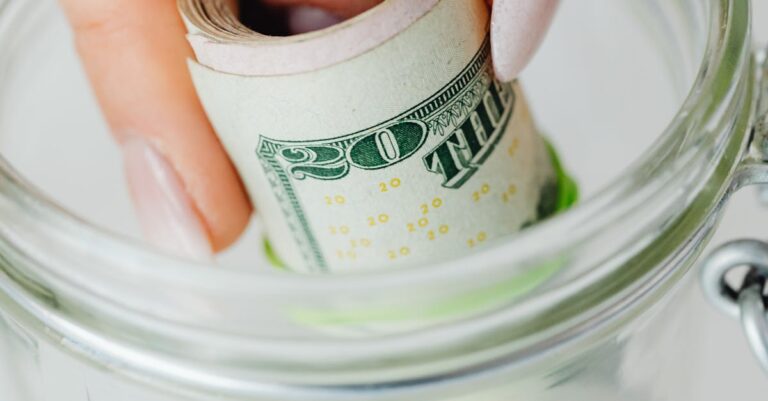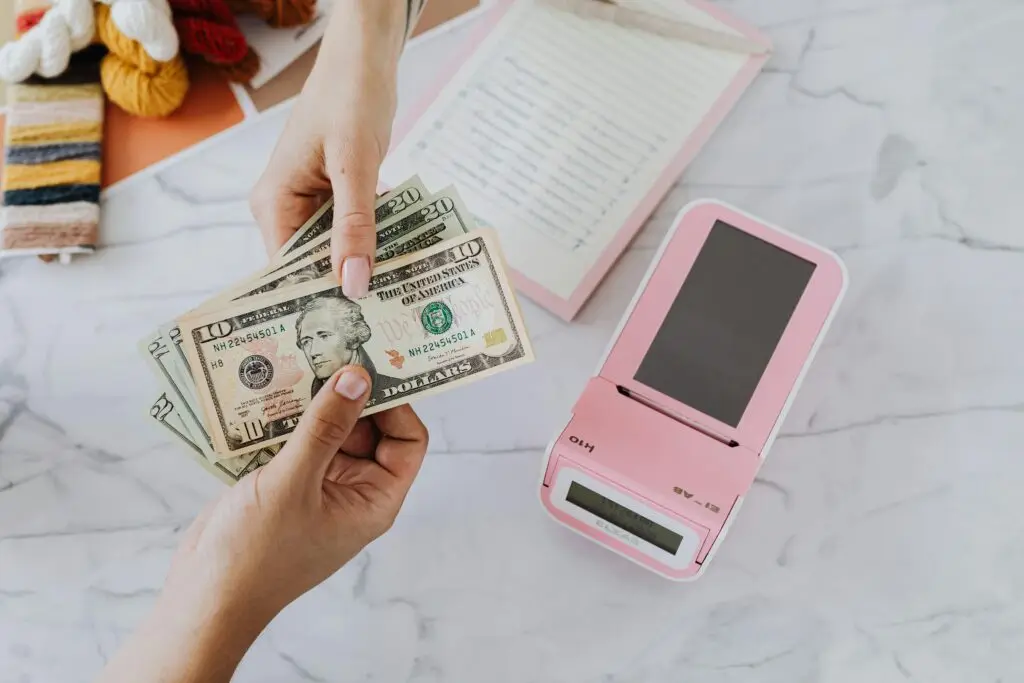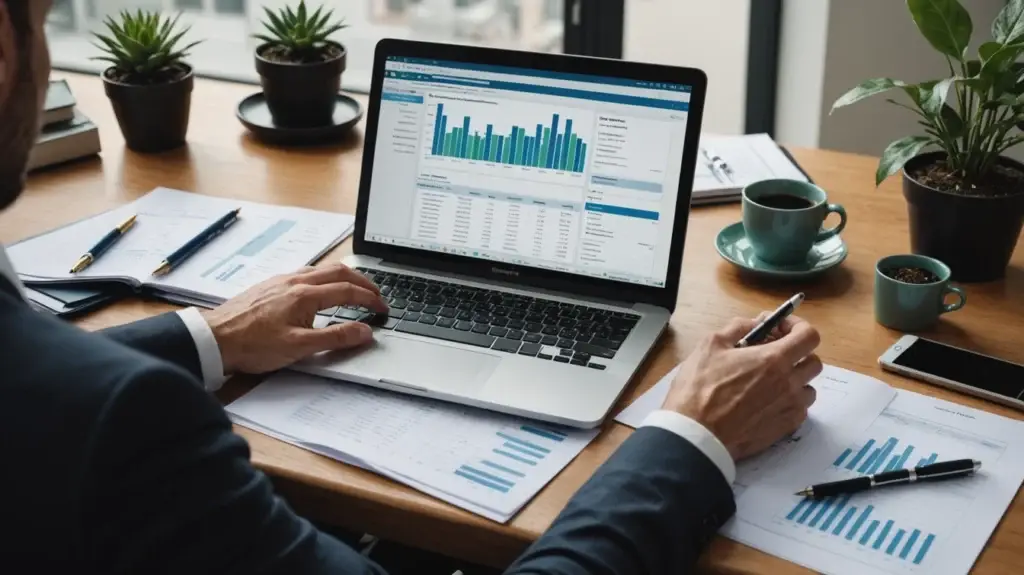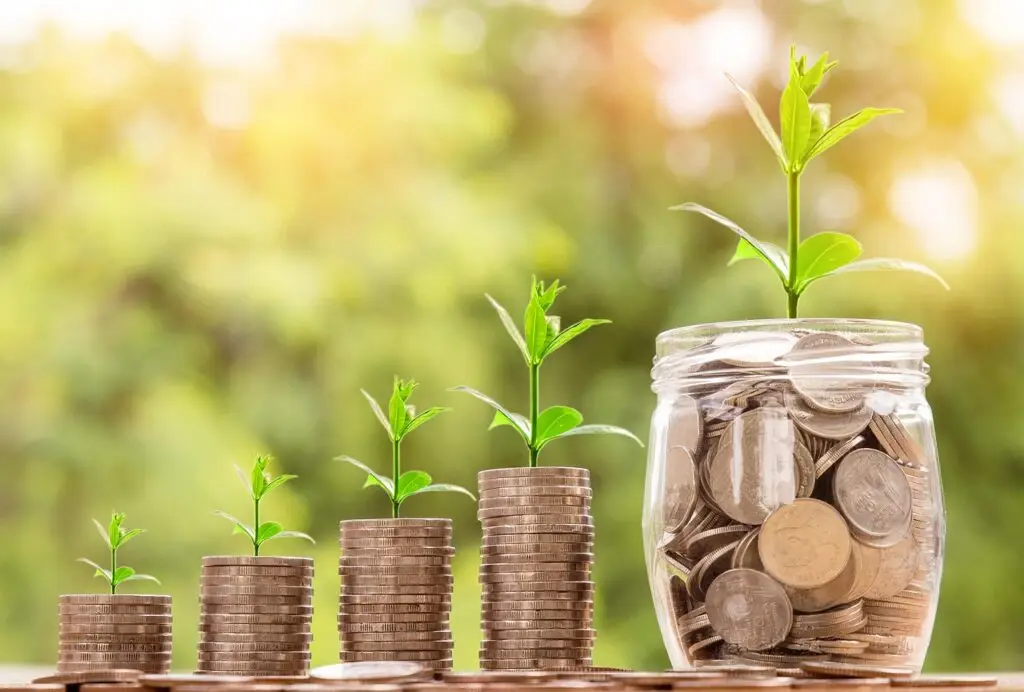
How To Start An Emergency Fund And Why You Need One.
Most of us like to think we’ll handle emergencies “when they happen.” But here’s a fact: it’s not “if” something goes wrong — it’s “when.”
A surprise car repair, a job loss, a flooded flat — these things aren’t planned and they don’t send you a calendar invite.
That’s why everyone should have an emergency fund. However, many people skip this important part of managing their finances.
What Is an Emergency Fund?
An emergency fund is money that you have saved for when something unexpected happens.
It’s the savings you can fall back on when life throws you a curveball — like:
A flat tyre or engine issue
A surprise medical bill
A home repair that can’t wait
If you lose your job, or have to take a pay cut
The purpose of an emergency fund isn’t for a weekend away, a new phone, or your cousin’s wedding outfit. It’s meant to cover essential spending, when something unexpected happens.
Why It’s A Non-Negotiable
Emergency funds are always good to have because they give you peace of mind if anything costly were to happen in your life.
Here’s what can happen when you don’t have one:
You are forced to use your credit card (and end up deeper in debt to get out of).
You skip paying bills or fall behind on your rent.
Instead of adding to your stress because of whatever has happened, at least you know you can afford to pay your bills and worry about more important things.
Should You Save Even If You’re in Debt?
Yes. Absolutely.
I know it sounds counterintuitive, but think about it: if your car breaks down tomorrow and you don’t have cash, what happens? Normally you would put it on your credit card or take on more debt.
This simple plan can help you get there:
Start with at least $1,000 (or R2000 if you’re in SA) in your emergency fund, even if you’re still trying to get out of debt.
Once you’ve got that set up, focus on paying off your highest-interest debt first.
Then, slowly grow your emergency fund amount to cover three to six months of living expenses.
You’ve been working hard to get out of debt, and an emergency fund can help you stay on track.
How Much Should You Save?
There’s no average emergency fund amount that will work for everyone, as everyone’s situation is specific.
Here’s some things you’ll want to think about when determining how much you should save:
The stability of your job and if you have any dependents?
Are you a Freelancer, self-employed, or have unpredictable income? Then 6–12 months worth of funds may be better.
Your expenses and if you have a mortgage loan or not. If you have a lot of expenses, you will need more in your emergency fund.
Your health – A healthy person is less likely to have expensive medical bills than someone who has preexisting conditions, is a smoker, etc.
The average person should definitely have some sort of emergency fund. Even if you can only manage $500 to $1,000 right now, that is better than nothing
The key again is to start your emergency fund.
Where Should You Keep It?
You will want to put your money in a place where you can easily take it out, when you need it fast.
It’s preferable to keep an emergency fund in a high yield savings account so that you are still earning a little bit of interest, without any work.
Tip: Open a second bank account just for emergencies. Give it a boring name like “Account 002” so you’re not tempted to dip into it for pizza or a long weekend away.
Why You Shouldn’t Use Your Credit Card As Your Emergency Fund
Some people use their credit card like an emergency fund, whether it’s by choice, and others are forced to use their credit card.
If your situation is quite risky, here’s why that may be a bad idea:
Credit card limits aren’t guaranteed and you may not have enough limit to cover the expense.
Interest rates on your credit card can hover around 20% or more, which is an expensive bill.
If you lose your job, how will you repay it? What would happen if you relied on credit cards but lost your main source of income?
Using credit cards as your sole source for an emergency fund may lead to more debt. A real cash emergency fund gives you options and peace of mind.
How to Start (Even on a Tight Budget)
Building an emergency fund may be hard in the beginning, but everyone has to start somewhere. And even though it’s hard, you will be happy that you’re prepared for when you need money fast.
Here are some ways you can start:
Automate it. Set up a debit order to your savings account for a certain amount each month.
Save your “extras.” Use your Tax refunds, side hustle income, or bonuses to go straight to your fund.
Cut your expenses. Skip one Uber ride a week or downgrade a subscription — and put it into your emergency fund.
Use a micro-savings app like Qapital – You can set triggers for saving
Start a savings challenge. A $30 savings challenge can have you save over $1,560 a year.
Everyone has to start somewhere. $100 in your emergency fund this month will grow, and soon you will have saved $500, then $1,000. That’s much better than having nothing.
An emergency fund isn’t about expecting disaster — it’s about being ready for life. It’s like your financial parachute or your safety belt.
How much could you save this week to start your own emergency fund?
Share your amount in the comments — or forward this to a friend who keeps saying, “I’ll start saving next month”




